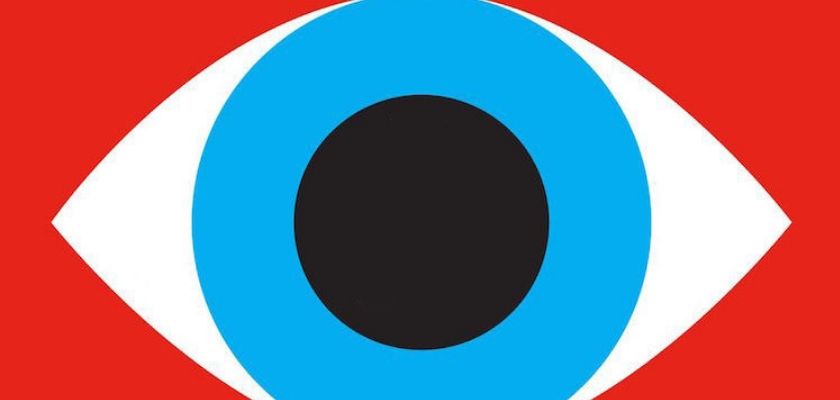Art is not politics, and never will be: in other words, art is about ideas, not about messages.
For this reason, it’s easy to say that nowadays, and at any future point, everyone is perfectly legitimate in “seeing what they want to see” in George Orwell’s “Nineteen Eighty-Four” masterpiece.
But the novel, that is now 70 years old, is very likely to keep bringing in more readers – as well as more of its interpreters – if for no other reason, then because the author’s chosen pen-name “Orwell” has in the meantime lent itself to the English language itself – and likely beyond – by means of the the adjective “Orwellian.”
And before we get to what the UK’s public broadcaster BBC sees in that term today – and remarkably, it was the BBC that Orwell apparently had modeled his iconic “Ministry of Truth” after – let’s recap what meanings and messages others have found in interpreting this masterpiece, over the last 70 years.
For decades, the nightmarish system and society depicted in the book – said to be simply “dystopian” – was seen as describing one stomping out free thought, identity, free will, and any kind of self-expression, and really, making humans resemble just any old order of obeying insects.
And for many decades, this nightmarish reality had been interpreted as a stand-in for communist regimes around the world.
But the evolution of the perception of the book has had something of a watershed moment earlier in this decade – long after these communist regimes had all been gone, at least in Europe – and just as whistleblower Edward Snowden decided to show the world the extent and scope, and often the shocking illegality and immorality of the surveillance effort perpetrated by what was at the time deemed to be the world’s very leading democracy.
When extolling the virtues of the staying power of this now seven-decades-old work of art, the BBC focuses on “the idea of truth” rather than of the state of personal freedom – the thing that was really under attack then, and always will be.
And since it’s hard to avoid noticing that Orwell modeled his Ministry of Truth after the BBC itself, in this piece, the broadcaster, at one point, employs a wonderfully Orwellian turn of phrase to explain it:
Apparently – the visionary, genius storyteller – “didn’t have the imagination of a great novelist.”
Free Tutorial: Our step-by-step guide to starting your own website for fun or profit













